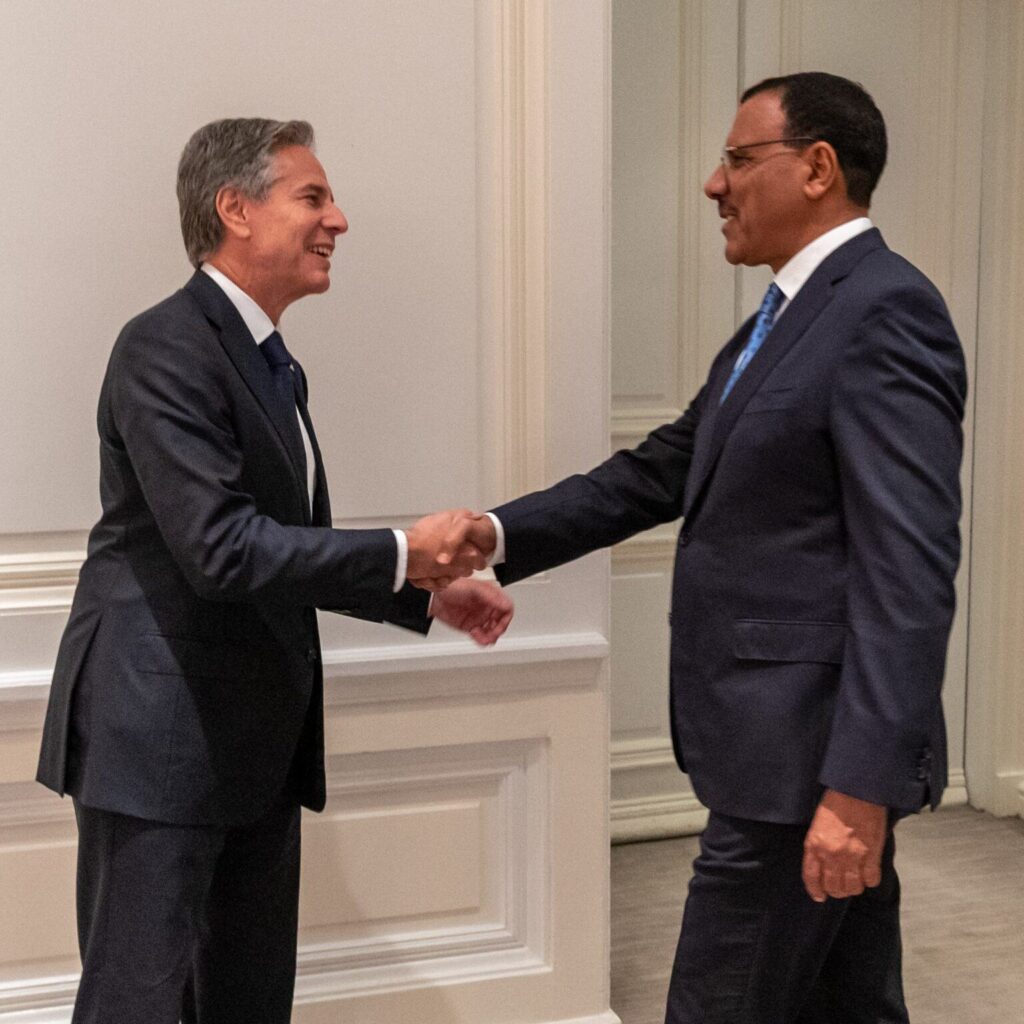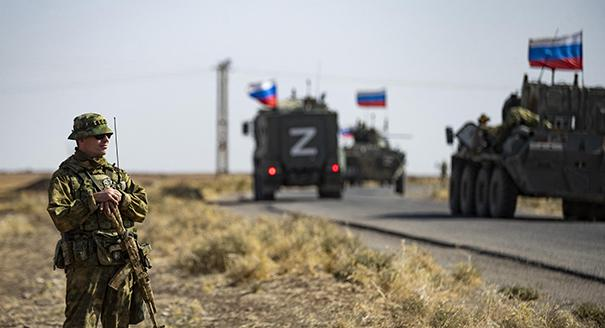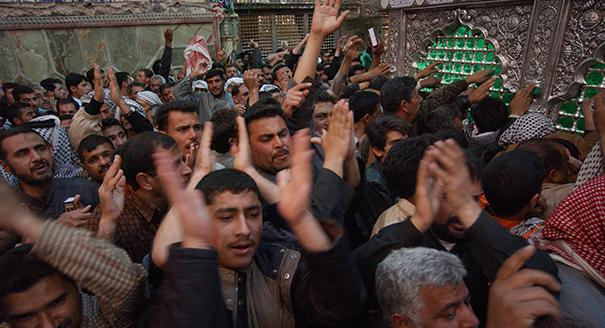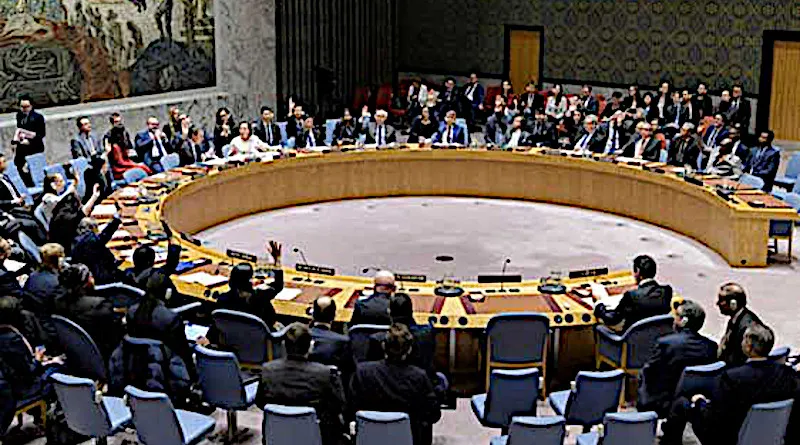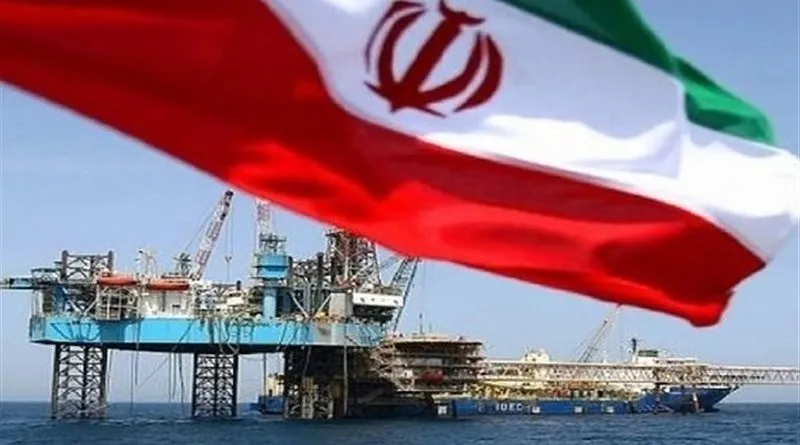The New Silk Road: A Project For China’s Global Hegemony – Analysis

China’s “Belt and Road Initiative”, or as it is called in China, “One Belt, One Road”, is much better known under the name “New Silk Road”. It’s one of the most ambitious infrastructure projects of all time.
The initiative was launched in 2013 by Chinese President Xi Jinping, and includes a large set of development and investment projects aimed at connecting Asia and Europe through all forms of transport infrastructure. Over the course of a decade, the initiative spread to Africa, Oceania and Latin America, significantly strengthening the global economic and political influence of the People’s Republic of China.


